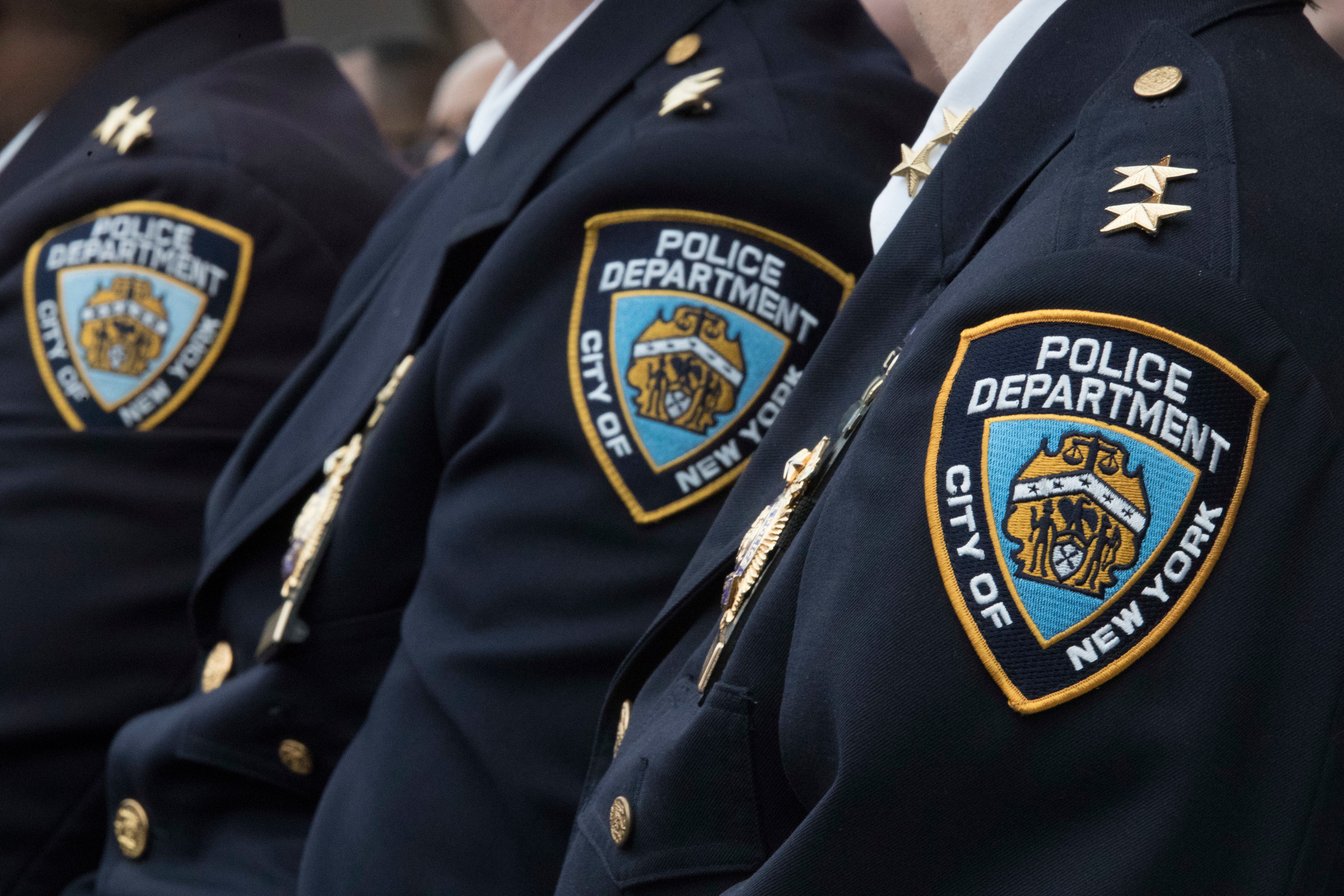New York City's watchdog agency launches probe after complaints about the NYPD's social media use
New York City’s watchdog agency says it has launched a probe into allegations that the New York City Police Department has improperly used its official social media accounts to target public officials and private citizens

Your support helps us to tell the story
From reproductive rights to climate change to Big Tech, The Independent is on the ground when the story is developing. Whether it's investigating the financials of Elon Musk's pro-Trump PAC or producing our latest documentary, 'The A Word', which shines a light on the American women fighting for reproductive rights, we know how important it is to parse out the facts from the messaging.
At such a critical moment in US history, we need reporters on the ground. Your donation allows us to keep sending journalists to speak to both sides of the story.
The Independent is trusted by Americans across the entire political spectrum. And unlike many other quality news outlets, we choose not to lock Americans out of our reporting and analysis with paywalls. We believe quality journalism should be available to everyone, paid for by those who can afford it.
Your support makes all the difference.New York City's watchdog agency has launched an investigation into allegations that the city's police department improperly used its official social media accounts to target public officials and private citizens.
The city Department of Investigation confirmed the probe in a statement Wednesday, saying it was prompted by recent requests from City Council Speaker Adrienne Adams and the Legal Aid Society asking it to look into the NYPD's social media policies and practices.
Adams, a Democrat, in her Friday letter cited reports from The Associated Press and others highlighting how the department and some of its top officials have in recent months adopted a more aggressive online presence, using their accounts on the X platform to take on critics.
In one post featured in the reports, Chief of Patrol John Chell said a Democratic city councilmember who had criticized the NYPD for arresting pro-Palestinian protesters at Columbia University “hates our city.” In another post, from February, Chell misidentified a judge in a criminal case, falsely accusing her of letting a “predator” loose on the city’s streets.
“The recent deployment of official NYPD social media accounts to aggressively target public officials and civilians in our city, use dog whistles that can lead to threats and violence, and convey inaccurate information, is dangerous, unethical and unprofessional,” Adams said in a statement Friday.
The NYPD did not immediately return a request for comment Wednesday.
The Legal Aid Society in its letter on Monday backed Adams' request, and also accused the police department of using social media “unprofessionally and unethically" to discredit pro-Palestinian protesters at local colleges.
The legal aid group pointed to X posts from Chell and NYPD Deputy Commissioner of Operations Kaz Daughtry after the department cleared campus encampments last week.
One post the organization cited noted “a book on TERRORISM” was found at Columbia University's Hamilton Hall, saying it was among items — also including ear plugs, helmets, goggles, knives and ropes — that were “not the tools of students protesting” but rather of “people working on something nefarious.” The title was, in fact, a nonfiction book on the subject published by Oxford University Press.
After receiving the two requests, “DOI has begun an investigation of the relevant social media use and exchanges, as well as applicable City policies,” spokesperson Diane Struzzi said in a statement.
The Legal Aid Society had also asked for a probe into the general police response to the protests at universities, but the Department of Investigation declined to comment on that request.
In February, the NYPD’s top spokesperson defended the department's social media tactics.
“We want to go on social media and push back on the misinformation that’s out there,” Tarik Sheppard told the AP at the time. “Because if we don’t, it could cause damage to the reputation of our cops and the work that we’re doing.”